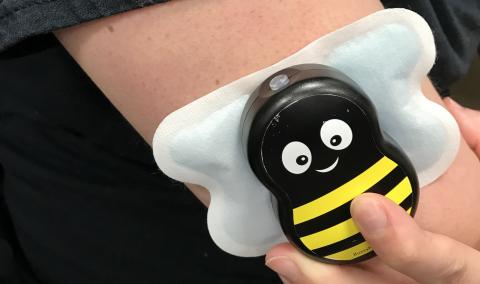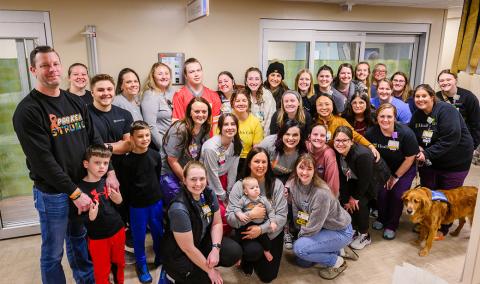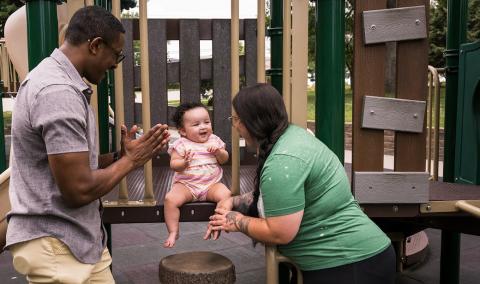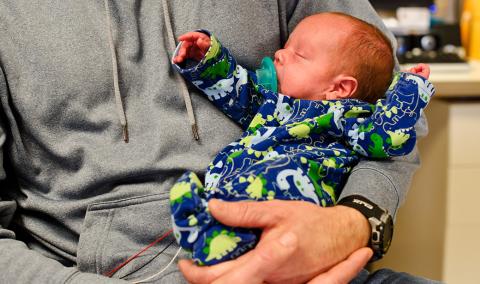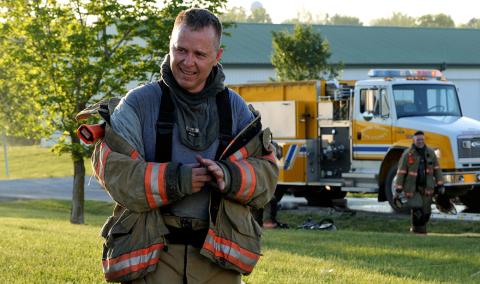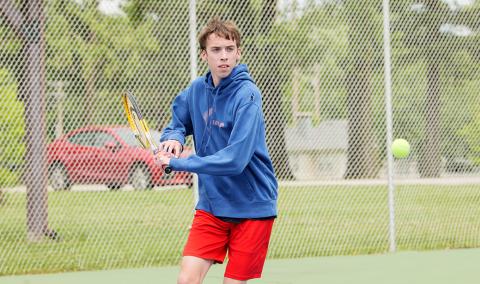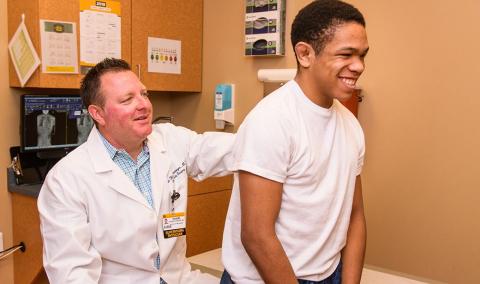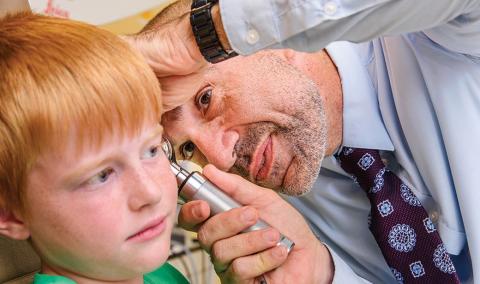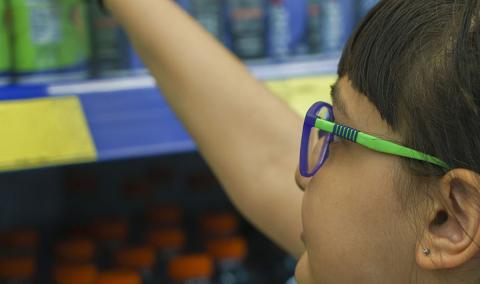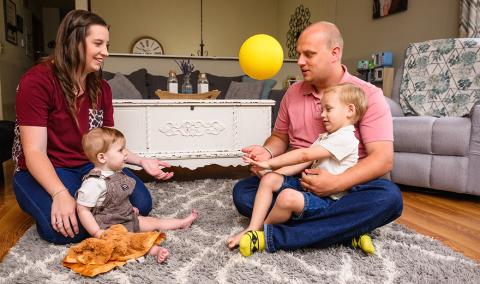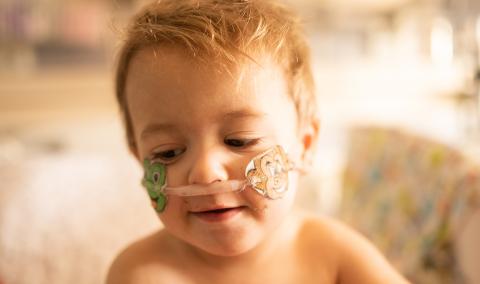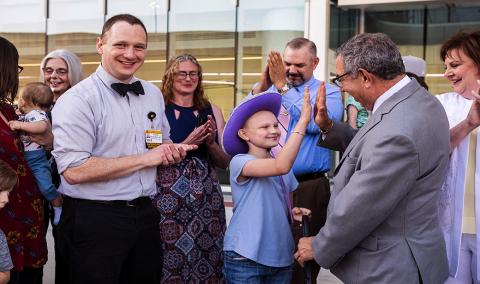When your child’s hands, arms or shoulders aren’t functioning properly, it can impact their entire life.
The Children's Health team at University of Missouri Children’s Hospital treats all hand and upper extremity anomalies in children to help them achieve a better quality of life. We work with your family to develop a customized treatment plan to address your child’s unique situation and needs.
Our team is adept at treating all of the common congenital and acquired hand anomalies in children as well as more rare and unusual conditions, such as cleft hand and complicated syndactyly.
We are also experienced in treating other hand anomalies, such as:
- Absence of parts (various conditions)
- Brachial plexus palsy.This condition occurs when nerves in the brachial plexus (control movement of the neck, shoulder, arm, forearm and hand) are damaged and the electrical signals cannot travel properly from the brain to the arm muscles. This results in limited or loss of function of the arms.
- Camptodactyly. A genetic disorder, this condition causes one or more fingers to be permanently bent. The little “pinky” finger is always affected, while another finger may be also bent.
- Macrodactyly. In this congenital condition, a child’s toes or fingers are abnormally large because the underlying bone and soft tissue has over-grown.
- Trauma and burns. Burns related to major injury can also impede function of the hands and require treatment.
- Trauma. Major injury resulting from a car or other type of accident can cause trauma, leading to function limitation and pain in the hands.
- Trigger finger. In this congenital condition, a catching, snapping or locking occurs when the child moves his or her finger, which can cause limited function and pain.
- Trigger thumb. When trigger finger occurs specifically in the thumb, the condition is known as “trigger thumb.”
- Ulnar dysplasia. In this congenital (present at birth) condition, a problem occurs with the ulnar (pinky side) of the hand and wrist when the fetus is developing in the womb. Depending on the severity of the condition, the child may have problems with function of the hand, fingers and elbow.
Because each child is different, the assessment, diagnosis and treatment must be specifically designed to meet the needs of the child.
Related Conditions & Treatments
- Adolescent Medicine
- Aerodigestive Program
- Down Syndrome
- Emergency Care for Kids
- Feeding Tubes for Children
- Juvenile Diabetes
- Hyperbaric Oxygen Therapy
- Inpatient Pediatric Psychiatric Care
- Neonatology
- Pediatric Anesthesiology
- Pediatric Cancer
- Pediatric Cardiology
- Pectus Carinatum
- Pediatric Chest Wall Disorders Program
- Pediatric Dermatology
- Pediatric Development and Behavior
- Pediatric ENT (Ear, Nose and Throat)
- Pediatric Epilepsy
- Pectus Excavatum
- Pediatric Eye Care
- Pediatric Gastroenterology
- Pediatric Infectious Diseases
- Pediatric Inpatient Rehabilitation
- Pediatric Nephrology
- Pediatric Neurology
- Pediatric Neurosurgery
- Pediatric Orthopaedics
- Pediatric Plastic Surgery
- Pediatric Primary Care
- Pediatric Psychiatry
- Pediatric Pulmonary Medicine
- Pediatric Sleep Medicine
- Pediatric Surgery Services
- Pediatric Surgical Services
- Pediatric Urology
- Pediatric Vascular Anomalies
- Pediatric Weight Management
- Sickle Cell Disease





